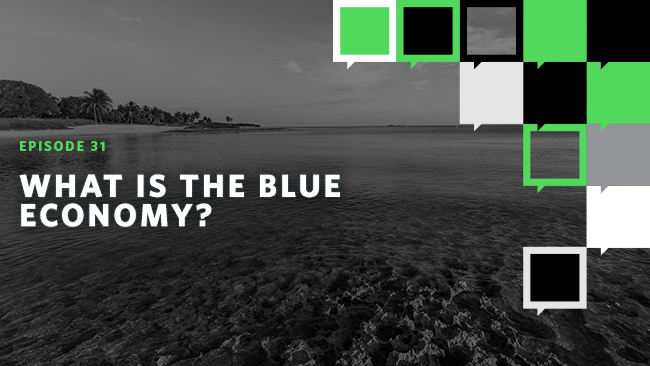What Is the Blue Economy?
Episode 31

Subscribe: Apple Podcasts | Google Play | Stitcher | Download | Transcript | RSS | New to podcasts?
Stat: The ocean generates $2.5 trillion of economic benefits around the world each year.
Story: Fisheries, tourism, and shipping are some of the ways we quantify the monetary value of the ocean—but it also drives weather patterns and provides more than 1 billion people with their primary source of protein. As the ocean faces increasing environmental stresses, what would an economic approach mean for conservation efforts? We explore the issue with a fishing family in Florida and Pew’s Tom Dillon.
Related Resources:
Recent Work
This video is hosted by YouTube. In order to view it, you must consent to the use of “Marketing Cookies” by updating your preferences in the Cookie Settings link below. View on YouTube
This video is hosted by YouTube. In order to view it, you must consent to the use of “Marketing Cookies” by updating your preferences in the Cookie Settings link below. View on YouTube








